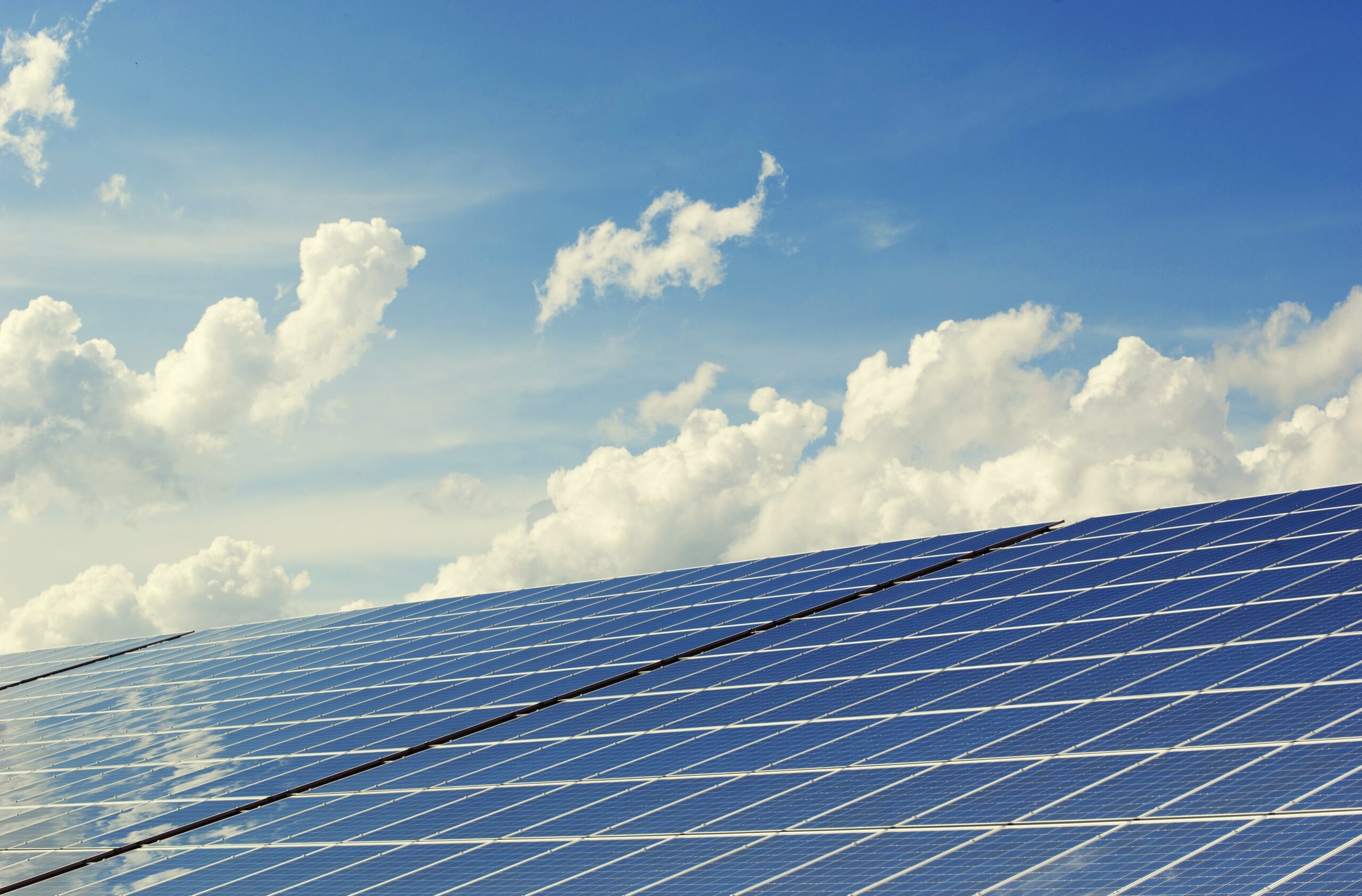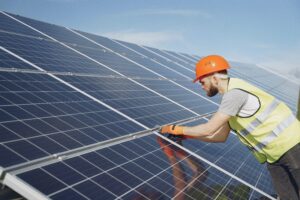Solar Panel: Is it Cost-Effective?

It is true that using a solar panel to create electricity at home is an expensive venture. With a capacity factor that ranges between ten percent and twenty percent, a solar panel can only be expected to produce electricity at a fraction of the maximum. However, these panels have several advantages over their competitors in terms of performance and cost-efficiency. Are these advantages enough to make solar power an attractive alternative source of electricity?

The major advantage of the solar panel is that it is economical to install and maintain. The only necessary components to set up a solar panel are the solar module (solar cells) and mounting structure. Installation of solar modules requires less physical space than the installation of other energy-efficient appliances like a heat pump. Solar PV systems require higher maintenance, but the advantages of solar panels can compensate for these problems.
Have you ever wondered what solar panels at home can do for you? What can solar energy do for your home? The reason why solar energy is good is that solar power does not add any additional pollutants or greenhouse gasses to the environment. By using solar power, you can help keep our planet clean. Solar power has been around for quite some time, but recently the technology has advanced significantly, and solar panels are getting more affordable.
A solar panel at home has several advantages over conventional electricity. One of the most obvious is that solar power does not cost anything to use. You can buy solar panels at home kits at your local home improvement store. Then after you assemble them, you will never have to pay the electric company again! Most solar panel at home FAQs will tell you how simple and easy they are to assemble.
Another advantage to solar power is that it provides a limitless source of energy. As long as the sun keeps shining, solar panels at home can provide you with electricity for free. Now that may sound pretty incredible, but it is true. Many solar panels at home can be used to replace standard electricity. For instance, you could use solar power to heat your swimming pool during the winter and use solar power to charge your laptop during the summer months. As you can see, solar power is extremely versatile.
Another advantage of solar panels is their capacity to provide energy when the sun does not shine that much. For areas where there is a regular lack of sunlight, solar panels can be used. The number of daytime hours during which the panels can be used is determined by proper installation techniques. Usually, cloudy days are the days wherein the sun does not shine that much. These panels can be used during such days by adjusting the exposure time and positioning of the array.
Homeowners often ignore the benefits of sunlight to their residence. But they should consider it seriously. Aside from the monetary benefits, installing panels in your home can also help you save the environment. Most of today’s modern technologies run on the use of fossil fuels or petroleum derivatives. The only way to completely eliminate these gases from the air is by using effective solar energy.
While solar energy can give you clean energy for your residence, it is important to note that the system works best in conjunction with battery storage systems. A well-designed storage system can optimize the output of solar panels, which in turn reduces the maintenance required on the unit. At the same time, it helps homeowners to preserve the quality of air that they breathe by keeping the temperature of the air inside the house constant.
Homeowners who are concerned about their electric bills should consider installing solar panels. This can significantly reduce their monthly energy bill. The longer the time they take to integrate the panels into the electricity grid, the more money they can save on their utility bill. In general, every five to ten years, your utility company will ask you to tie your solar energy source to your utility grid (in most cases, your local utility).
When considering the installation of solar energy systems, it is wise to compare the cost and efficiency of such an investment versus the cost and efficiency of a less efficient alternative. An easy way to do this is to request quotes from several contractors based on the type of panel you want, its size, and the amount of electricity it is capable of storing. By doing this, you can quickly determine how much it will cost and what the economic benefits of the installation may be.